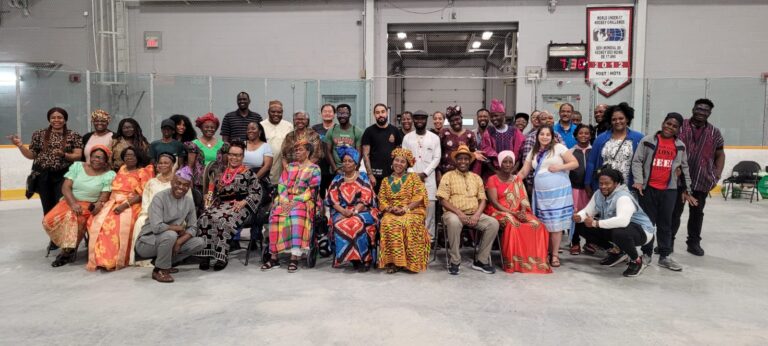Education encompasses our school experience and the path towards becoming both a thriving student and a successful individual in the real world. As the new school year looms on the horizon, it’s essential to equip ourselves with some practical strategies to navigate this journey effectively. This article aims to shed light on various aspects of this endeavor, including achieving academic excellence, managing the ebb and flow of grades, striking a harmonious balance between social and personal life, and optimizing your daily routines as a student. Additionally, we’ll explore some invaluable study tips and tricks to help you make the most of your educational journey.
Students always strive to maintain their grades whether it be for personal accomplishments such as making the honor roll, getting into their college/university of choice or to impress their parents. Although these are valid reasons to get good grades, it can be extremely limiting for their personal development and growth. For example, a student might neglect important parts of their health both physically and mentally in order to accomplish their academic aspirations. Speaking from experience as a university student in one of the most difficult programs, studying can be an extremely stressful and time consuming process and it sometimes leaves little to no time for an appropriate balance between life and school. Students have no choice but to sacrifice personal time to achieve academic related goals such as pursuing a masters, getting a scholarship and other important objectives. This can unfortunately lead to burnout which can hinder students from achieving not only their personal but also academic goals. Students need to realize that it is important to prioritize their personal life and mental health to be a well rounded person overall.
For individuals who don’t inherently find formal education engaging, as the school year progresses, the days may feel repetitive, boring and, at their lowest point, downright disheartening. To make the school year “bearable” it is a good idea to join extracurricular activities and join some clubs. Joining extracurricular activities helps build more character and skill that you can inhabit and use successfully in the real world. Joining student council, book club, chess club, board games club, debate, dance, or even sports teams can help with a multitude of skills such as: communication, responsibility, discipline, accountability, initiative, leadership, problem-solving, quick thinking, and teamwork. Traits that can take you very far in the real world.
Students are responsible for learning a large amount of content in a short amount of time which can be daunting for students who do not employ the appropriate studying techniques.
Here are some tips and tricks for staying focused when studying:
- Plan your day; Make sure to have a set time in the day where you can review your notes. It is beneficial to make it a habit and have a schedule on how you study and review your notes
- Remember to take a break; Take a short break in the middle of your studying hours, and simplify your study notes. Make sure you are taking the notes in your own words and understand the content.
- Join a study group; Try to find a group to study with. Studying with a group helps encourage an interactive environment, test your knowledge with others, and provide an opportunity to quiz each other and boost each other’s confidence.
- Take initiative; Don’t forget to ask your teachers questions, and remember you can always stay after class and ask your teacher if you are unsure of class content.
- Work space; When studying, make sure to have a clear workspace free of distractions, whether that be family members, your phone, or food!
In conclusion, always keep in mind that school is a journey shaped by your own efforts and perspective. While it may come with its fair share of stress, it can also be an enjoyable and rewarding experience. By prioritizing relaxation, striving for personal and social achievements, and embracing effective study techniques, the challenges of this phase in life can be significantly lessened. This survival guide is designed to empower anyone feeling nervous or anxious about the approaching school year, offering the tools and insights needed to be well-prepared, relaxed, and open to the countless opportunities that school can bring to one’s life. Embrace the journey ahead with confidence and enthusiasm, for it holds the potential to shape your future in remarkable ways.
BY NYANWIER, FUNMI, and NNEAMAKA.







